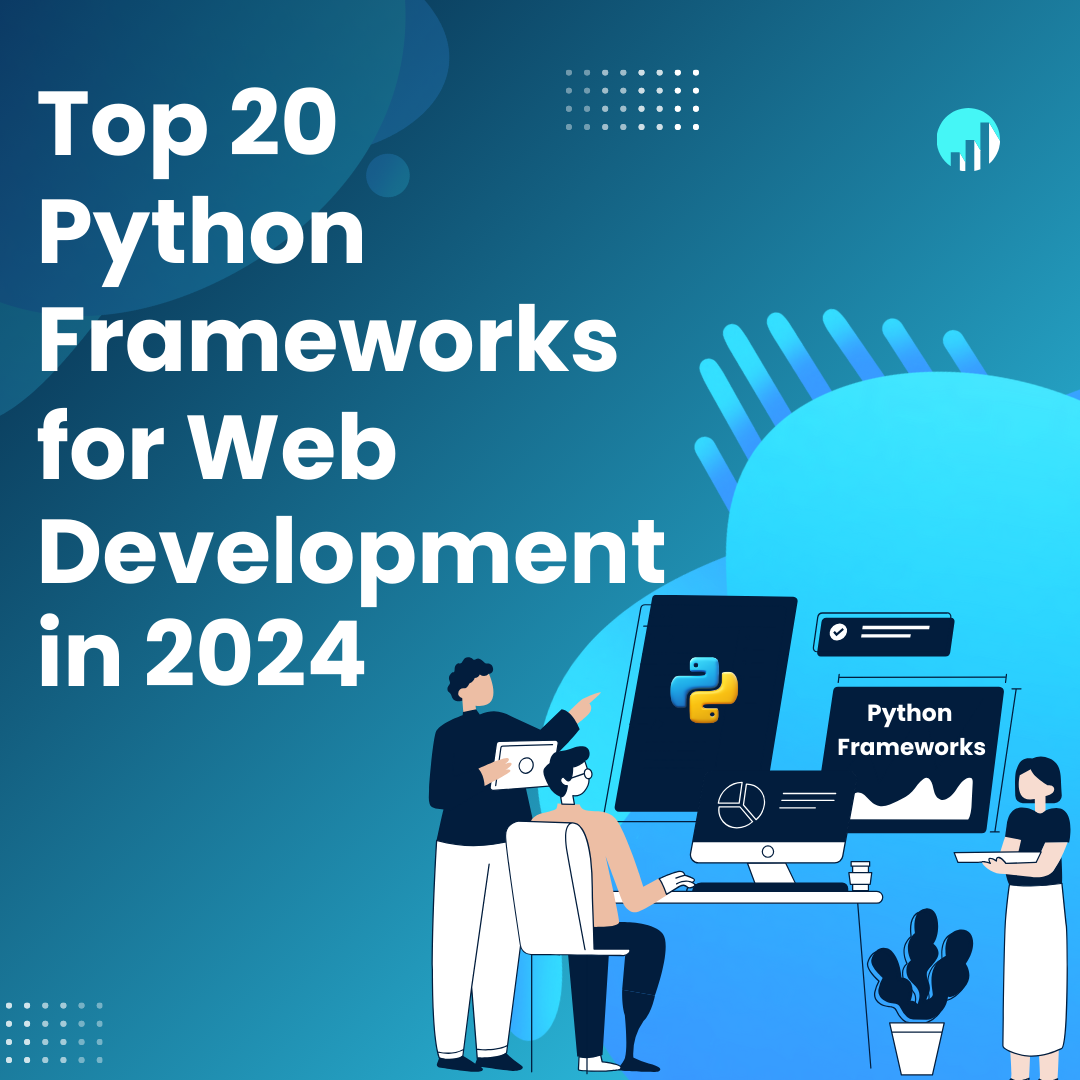Full-stack Frameworks
1 Django:
Description:
A mature,feature-rich,and “batteries-included” framework ideal for building complex web applications,e-commerce platforms,and content management systems.
Benefits:
- Rapid development with ready-made components and features.
- Secure and stable with a large community and long-term support.
- Scalable for handling large traffic and complex functionalities.

2 Pyramid:
Description:
A flexible and modular framework with RESTful API support,popular for building large-scale enterprise applications.
Benefits:
- Highly customizable and adaptable to specific project requirements.
- Excellent for building RESTful APIs and microservices architectures.
- Strong focus on code organization and maintainability.

3 TurboGears 3:
Description:
An MVC framework known for its rapid development tools and built-in security features.
Benefits:
- Faster development with code generation and scaffolding tools.
- Comprehensive security features to protect against common vulnerabilities.
- Good community support and extensive documentation.

4 Flask:
Description:
A lightweight and highly customizable framework perfect for quick prototyping and building RESTful APIs
Benefits:
- Minimalist approach with minimal dependencies and easy learning curve.
- Highly flexible and allows for extensive customization.
- Large and active community with many extensions and libraries available.
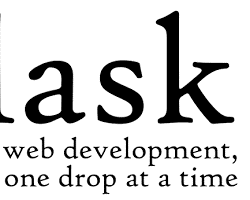
5 Bottle:
Description:
A minimalist framework with an incredibly small footprint,ideal for learning web development basics.
Benefits:
- Super simple and easy to get started with,even for beginners.
- Single-file source code makes it easy to understand and manage.
- Efficient and lightweight for small projects and prototypes.

6 Falcon:
Description:
A blazingly fast and efficient framework optimized for microservices and high-performance APIs.
Benefits:
- Unparalleled speed and performance for demanding applications.
- Minimalistic design with minimal dependencies and overhead.
- Well-suited for building RESTful APIs and microservices architectures.

7 FastAPI:
Description:
A Python 3.6+ asynchronous framework focused on building high-performance APIs with minimal code.
Benefits:
- Powerful and efficient for building modern and scalable APIs.
- Asyncio support for high concurrency and responsiveness.
- Clean and concise syntax for writing maintainable code.
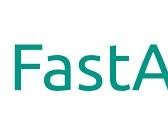
8 Django REST framework:
Description:
A powerful extension for building robust and scalable RESTful APIs on top of Django.
Benefits:
- Leverages Django’s strengths for authentication,security,and database management.
- Provides powerful tools for API design,documentation,and versioning.
- Large and active community with extensive documentation and tutorials.
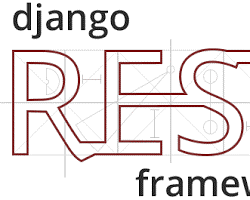
9 AioHTTP:
Description:
An asynchronous HTTP client/server framework for building high-performance web applications.
Benefits:
- Enables efficient handling of concurrent requests and improves scalability.
- Easy to use and integrate with other Python libraries and frameworks.
- Well-suited for building real-time web applications and APIs.
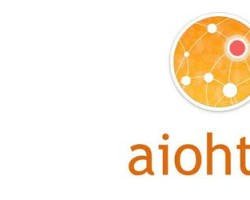
10 Dash (Plotly):
Description:
A powerful framework for creating interactive data visualizations and dashboards.
Benefits:
- Creates stunning and interactive dashboards for data exploration and analysis.
- Easy to use with Python APIs and familiar JavaScript callbacks.
- Integrates seamlessly with other Python data science libraries.
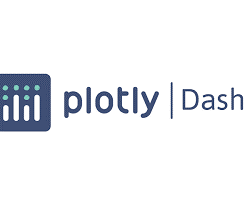
11 Starlette:
Description:
A modern, asyncio-based framework with async middleware and support for HTTP/2.
Benefits:
- Built for building next-generation web applications with modern features.
- Highly performant and scalable with asynchronous support.

Specialized Frameworks
12 Sanic:
Description:
A high-performance Python 3.6+ web framework built for asynchronous applications.
Benefits:
- Blazingly fast with asynchronous support for handling high-traffic websites.
- Easy to learn and use with a clean and intuitive API.
- Focuses on security and provides built-in security features.

Emerging Frameworks
13 Quasar:
Description:
A full-stack framework for building web,desktop,and mobile apps with a single codebase.
Benefits:
- Write code once and deploy across different platforms with minimal rewrites.
- Modern and feature-rich framework with built-in UI components and routing.
- Great for building cross-platform applications with shared logic.
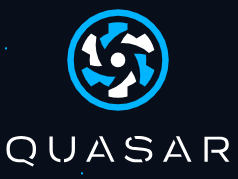
14 Hug:
Description:
An API-first framework focused on generating clean and documented APIs from Python code.
Benefits:
- Makes API development and documentation a breeze with auto-generated docs.
- Encourages clean and consistent API design patterns.
- Easy to integrate with existing Python libraries and databases.

15 Black Friday:
Description:
A Flask-inspired microframework with built-in testing and type hinting features.
Benefits:
- Simple and lightweight like Flask,but with additional development tools.
- Built-in unit testing support for catching bugs early.
- Type hinting ensures code clarity and prevents errors.

Additional Frameworks
16 CherryPy:
Description:
An object-oriented web framework known for its simplicity and ease of use.
Benefits:
- Easy to learn and get started with,even for beginners.
- Flexible and allows for customization through plugins and extensions.
- Ideal for building small and medium-sized web applications.

17 Giotto:
Description:
An MVC framework focused on rapid development and code generation.
Benefits:
- Develop applications faster with automated scaffolding and code generation.
- Reduces boilerplate code and improves developer productivity.
- Easy to use and maintain thanks to its clean and structured code.

18 Web2py:
Description:
A full-stack framework with a low-code approach,ideal for beginners.
Benefits:
- Requires minimal coding with its visual development features and drag-and-drop tools.
- Quick prototyping and building basic web applications without extensive coding.
- Large community and abundant resources available for support.

19 Growler:
Description:
A Python 3 web framework emphasizing security and ease of deployment.
Benefits:
- Built-in security features and best practices to protect against vulnerabilities.
- Simple deployment on various platforms with minimal configuration.
- Good for building secure and reliable web applications.
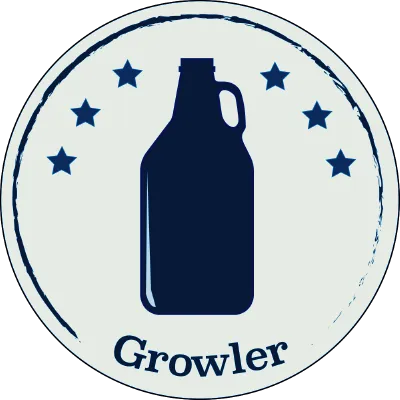
20 CubicWeb:
Description:
A semantic web framework for building knowledge-based applications.
Benefits:
- Integrates semantic web technologies to manage and reason about data.
- Ideal for building knowledge graphs and intelligent applications.
- Niche framework but powerful for specific knowledge-driven projects.


